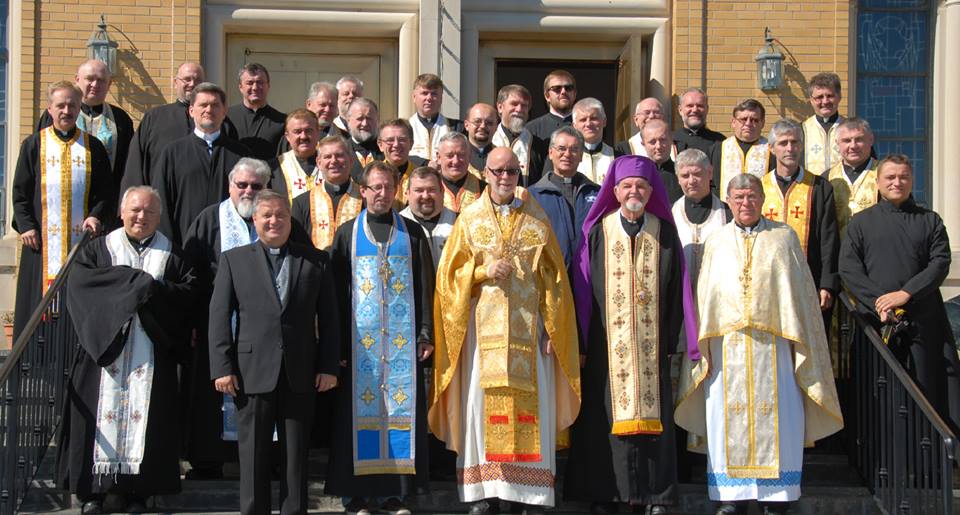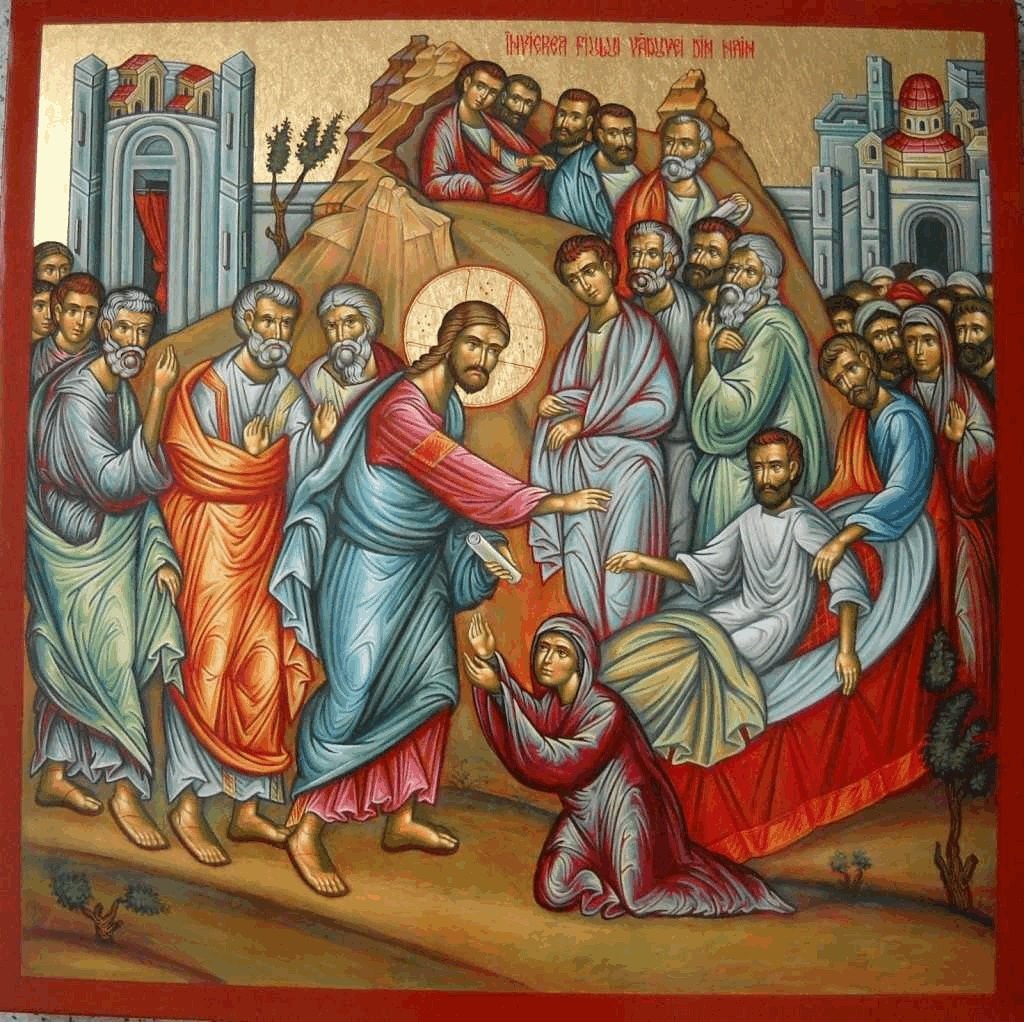Christ is in our midst!
This week’s vigil light is offered to God by Nina Baker and family in memory of Natalie Cybriwsky.
A special thank you from Mrs. Sophie DeCarlo to all those who helped her to celebrate her 102nd. birthday. She received 33 Birthday Cards and enjoyed reading every one of them. Many years!
Congratulations to Mr. Bohdan Sowa and the Sestrechi on the success of last week’s Lasagna Dinner. Given in memory of Mrs. Maria Sowa, the dinner was truly outstanding and enjoyed by all who attended. Many years!
Pierogi Saturday has been changed in November to the 16th. Previously it was the 23rd.
Post #33 of the Ukrainian American Veterans invites everyone to a community presentation by Senator Richard Blumenthal Sunday, October 13th at 12:00 noon in St. Michael’s church hall, 569 George St., in New Haven. Senator Blumenthal is a leader in the U.S. Senate for securing support for Ukraine in its struggle against Russian aggression. He will discuss recent development in Ukraine and Congress as well as his support for wounded Ukrainian soldiers. All are invited to participate and to support the Senator in his efforts.
Ukrainian American Veterans will hold our National Convention here in New Haven Thursday, October 31st thru Saturday, November 2nd. We expect 140 attendees at the convention and we are asking for your help to make this event a success. Please contact Post Commander Carl Harvey for further details and how you can help. Thank you!
St. Michael’s Day will be celebrated on November 24th. On this day we will have only one (1) bilingual Divine Liturgy at 10:30 a.m.. After the Divine Liturgy, we will have a dinner and short program. All parishioners are cordially invited to this celebration. Tickets are available through Miss Luba Dubno. Tickets are $25.00 for adults, $10.00 for youth between 14 and 18. Free for students Ridna Shkola, altar boys and for children under 12. We will be running a raffle. If you would like to donate any items to be raffled, please bring them to our church hall on Sundays before our Feast Day. Also we ask for donations for dessert.
 The Stamford Eparchial Clergy Fall Days, 2019
The Stamford Eparchial Clergy Fall Days, 2019 Today, October 8th, is
Today, October 8th, is  Seventeenth Sunday after Pentecost, 2019
Seventeenth Sunday after Pentecost, 2019